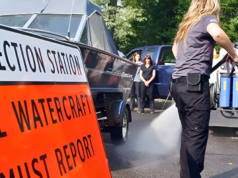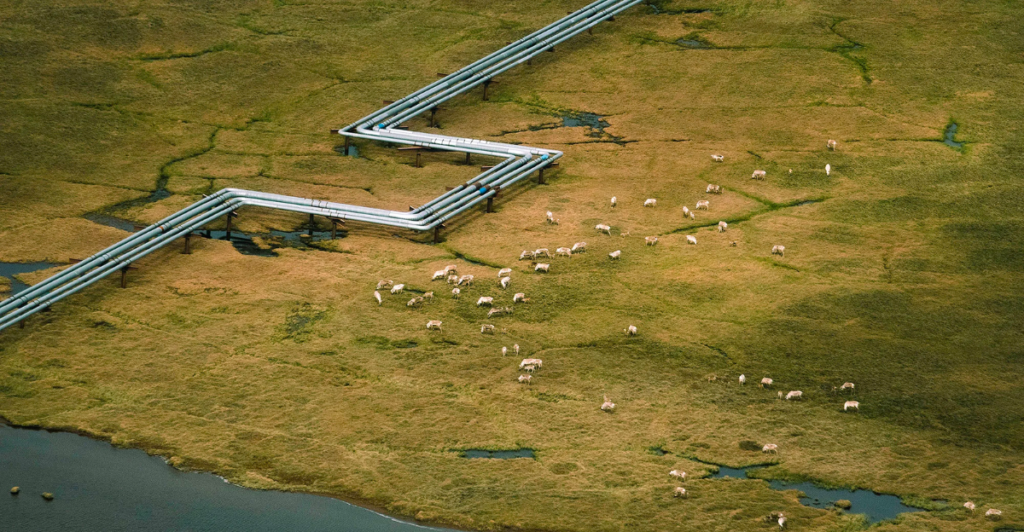
The issue of leasing public lands for fossil fuel extraction has become increasingly contentious, with significant implications for climate change and environmental conservation. This practice involves the federal government auctioning off rights to extract resources on publicly owned lands or waters to private companies. The debate centers around balancing economic development with environmental stewardship, as these activities contribute substantially to greenhouse gas emissions.
New Secretary of the Interior
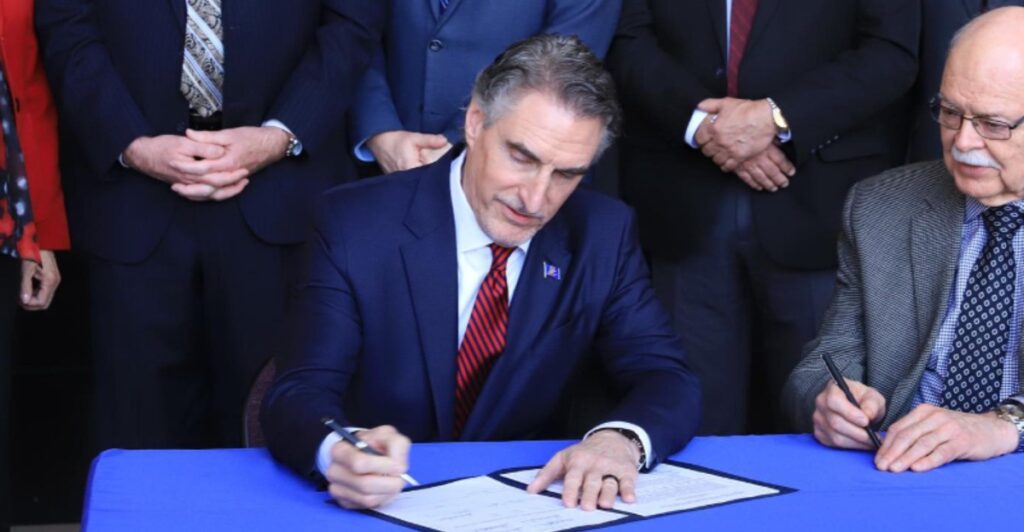
The appointment of Doug Burgum as the Secretary of the Interior on January 31, 2025, marked a significant shift in U.S. energy policy, emphasizing fossil fuel production over environmental conservation. As a former governor of North Dakota and a strong supporter of the oil and gas industry, Burgum’s leadership is expected to redefine how public lands are utilized, potentially prioritizing short-term economic gains over long-term ecological balance.
Role at the Department of Interior
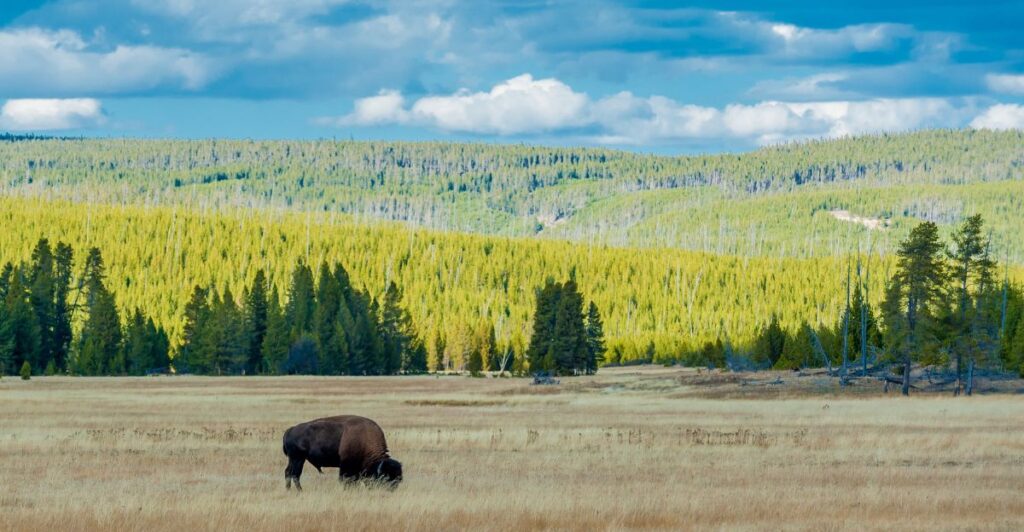
As Secretary of the Interior, Burgum oversees approximately 640 million acres of public land and waters. His responsibilities include managing policies related to drilling and mining on federal lands and leading efforts that impact wildlife protection and national park management. President Trump tasked Burgum with facilitating easier access for energy companies to exploit fossil fuel resources. This directive has raised concerns among environmental advocates due to its potential impact on greenhouse gas emissions that contribute to climate change.
Environmental Impact of Fossil Fuel Extraction

Fossil fuel extraction on public lands is a major contributor to U.S. carbon dioxide emissions, accounting for nearly a quarter of the nation’s total since 2005. This not only exacerbates climate change but also poses local environmental risks such as oil spills and habitat destruction.
Economic Considerations
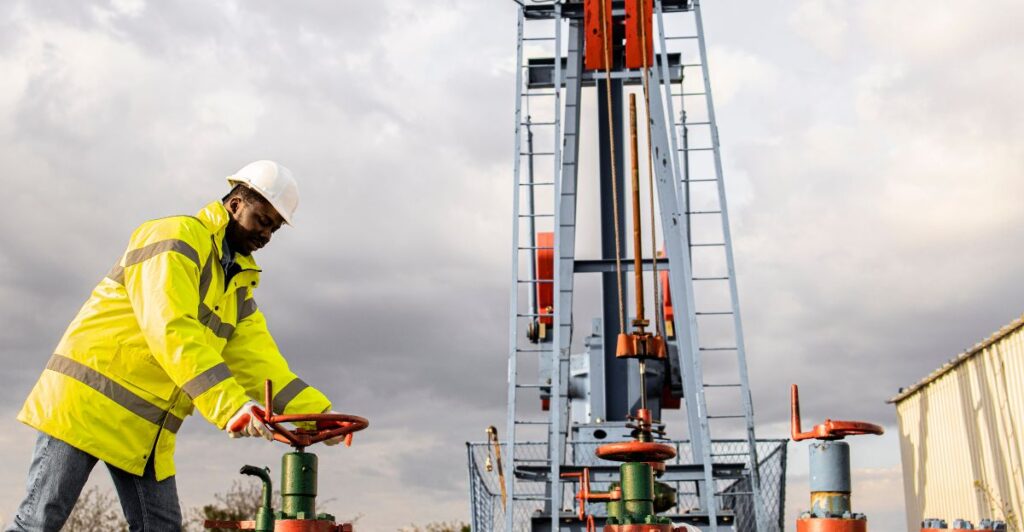
Proponents argue that increased fossil fuel production can stimulate local economies by creating jobs and generating revenue. However, critics point out that these benefits are often short-lived and do not account for long-term ecological costs or potential economic instability associated with overreliance on fossil fuels.
Public Lands Management Debate

The management of public lands is critical in this context. While some advocate for expanded drilling operations to enhance energy independence, others emphasize the need to protect these areas from irreversible damage caused by infrastructure development like well pads and roads.
Legal Challenges Ahead
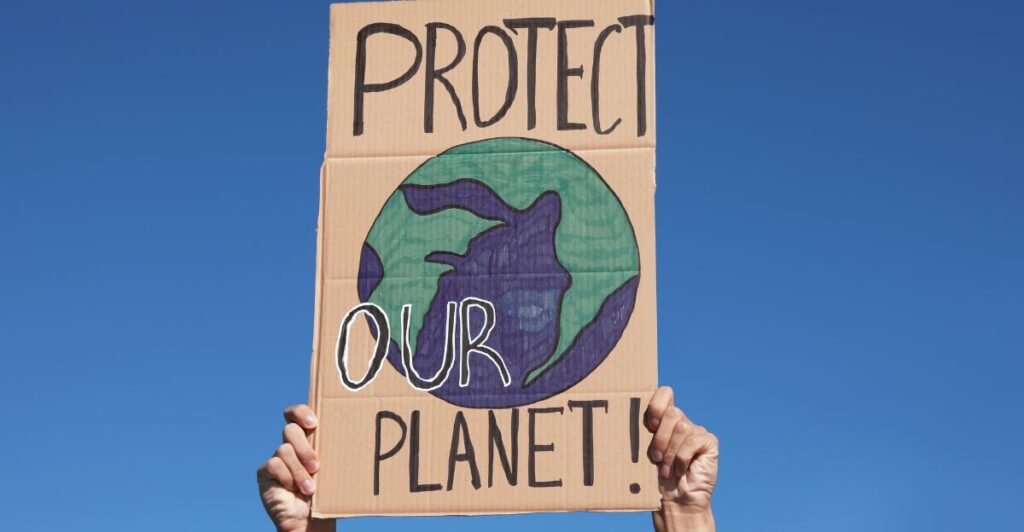
Environmental groups are likely to contest aggressive leasing strategies through litigation, citing concerns about both environmental impacts and legal validity issues related to expanded drilling operations.
Impact on Conservation Efforts
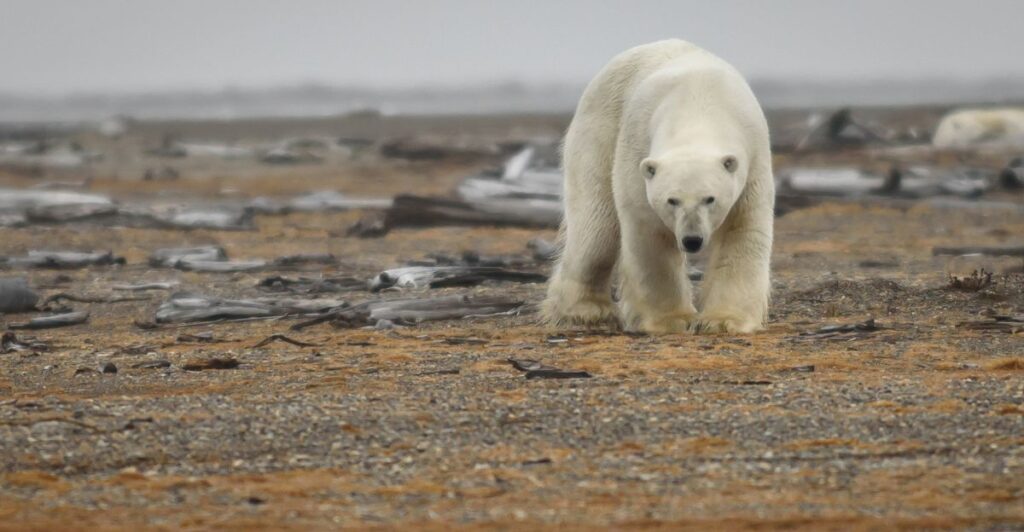
Conservation efforts face significant challenges due to prioritization of fossil fuel extraction over preservation initiatives. Organizations like Earthjustice have been working tirelessly against attempts to open sensitive areas such as the Arctic National Wildlife Refuge for drilling.
Role of Executive Orders in Fossil Fuel Development
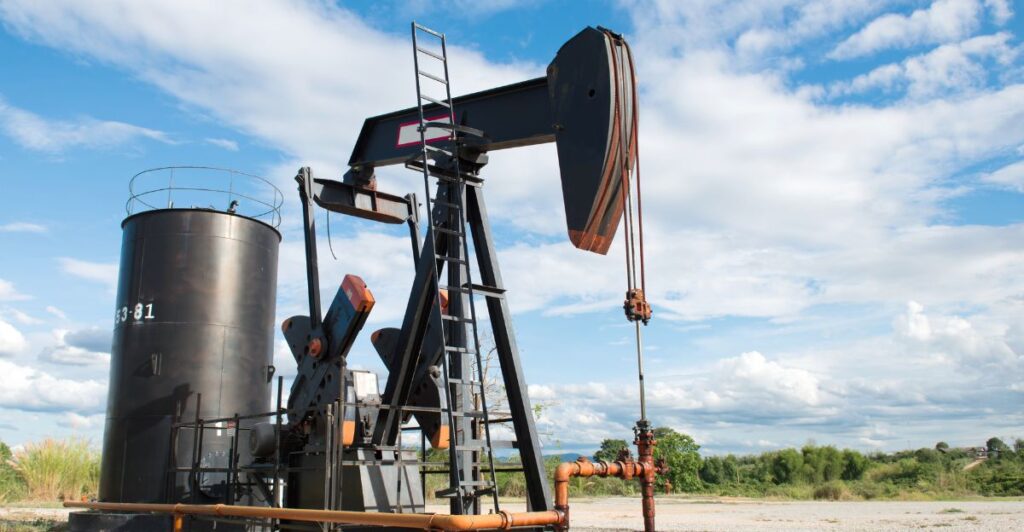
Executive actions have played a crucial role in streamlining permitting processes for oil and gas projects on public lands. These directives aim at increasing domestic production but raise questions about long-term ecological balance.
Potential Solutions: A Climate-Focused Approach

To address these challenges effectively, there is a growing call for comprehensive climate plans that prioritize reducing emissions from public land activities while promoting renewable energy development. Implementing moratoriums on new leases until such plans are developed could help mitigate immediate harm.
Protecting Sensitive Ecosystems
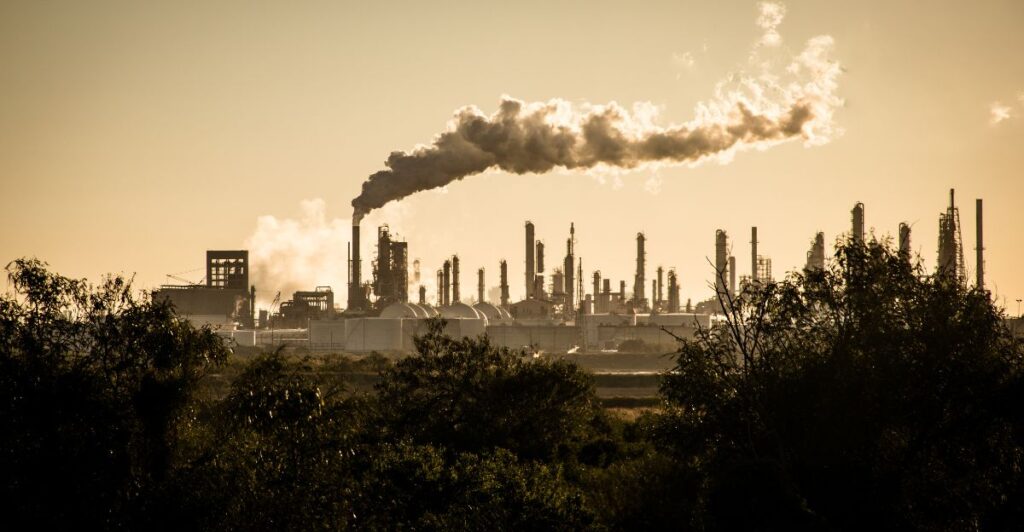
Protecting wild places like national parks and wildlife refuges from drilling is essential not only environmentally but also culturally—especially in regions where indigenous communities rely heavily on subsistence resources derived from these areas.
Economic Transition Support Needed
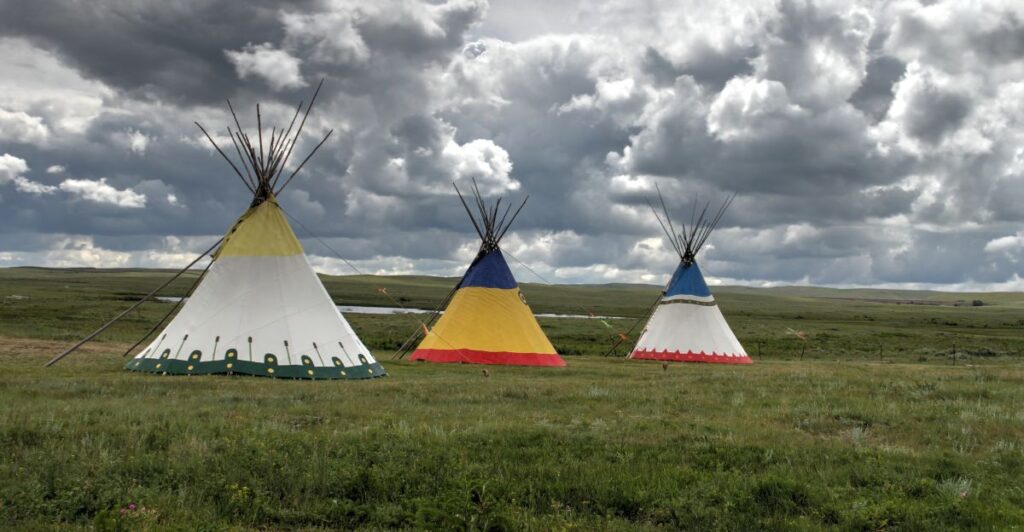
As part of transitioning away from fossil fuels, supporting communities historically dependent on this industry will be crucial. Investing in state and local economies can ensure they are not left behind during this shift toward cleaner energy sources.
Balancing Interests
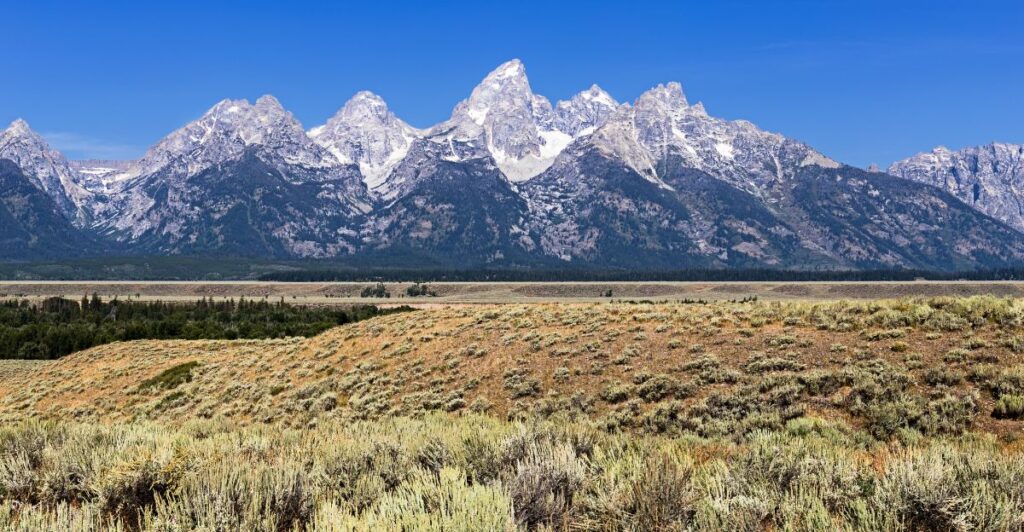
Finding a balance between economic interests and environmental protection remains at the heart of managing U.S. public lands effectively:
Public Engagement: Growing opposition highlights deep-seated values regarding natural resource stewardship.
Legal Action: Litigation may limit harmful policies.
Global Trends: Shifts toward renewable energy could influence domestic policy changes away from reliance solely on fossil fuels.
Ultimately, concerted action by advocacy groups could still achieve significant wins by pushing back against harmful policies through both legal means and sustained public pressure.
Discover more of our trending stories and follow us to keep them appearing in your feed

Glacier Experts Uncover Critical Flaw in Sea-Level Rise Predictions
New York Declares War On Fossil Fuels With $75 Billion In New Climate Fines
13 Dog Breeds That Will Defend Humans No Matter What
Advanced Sub Reports Anomalous Structure In Antarctica—Then Immediately ‘Disappears’
References:
Reference 1
Reference 2
Reference 3
This article first appeared here
Stay connected with us for more stories like this! Follow us to get the latest updates or hit the Follow button at the top of this article, and let us know what you think by leaving your feedback below. We’d love to hear from you!



